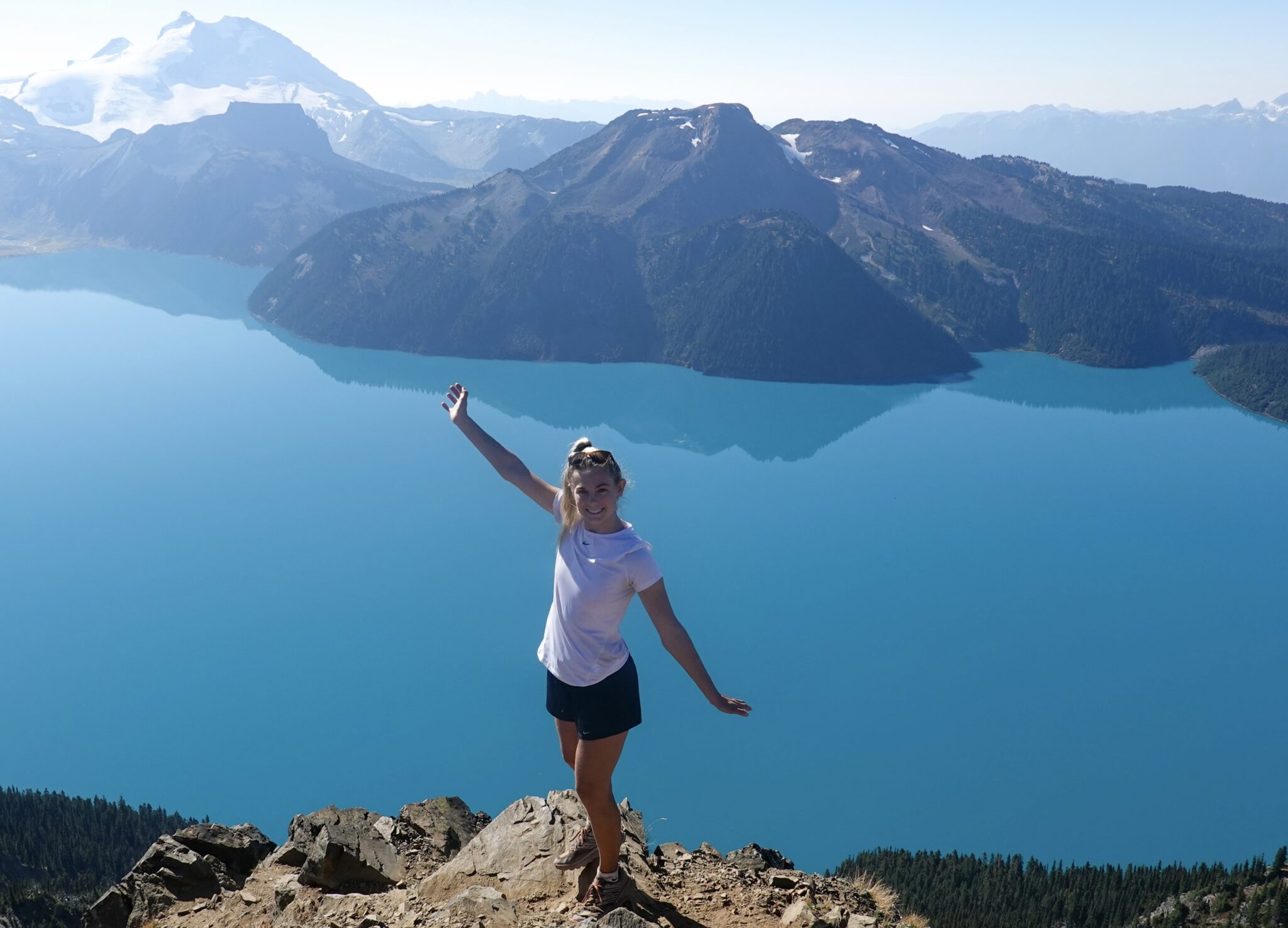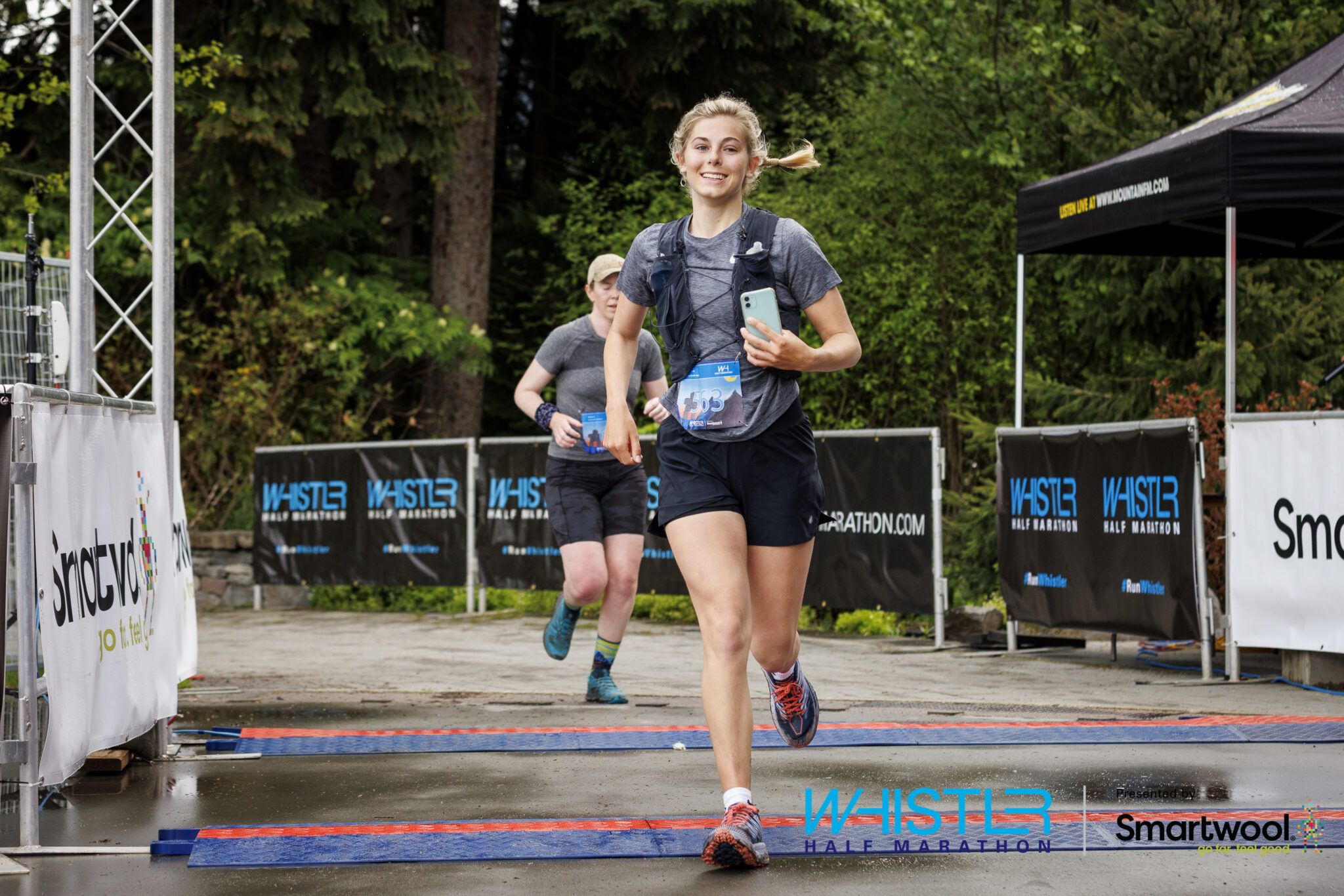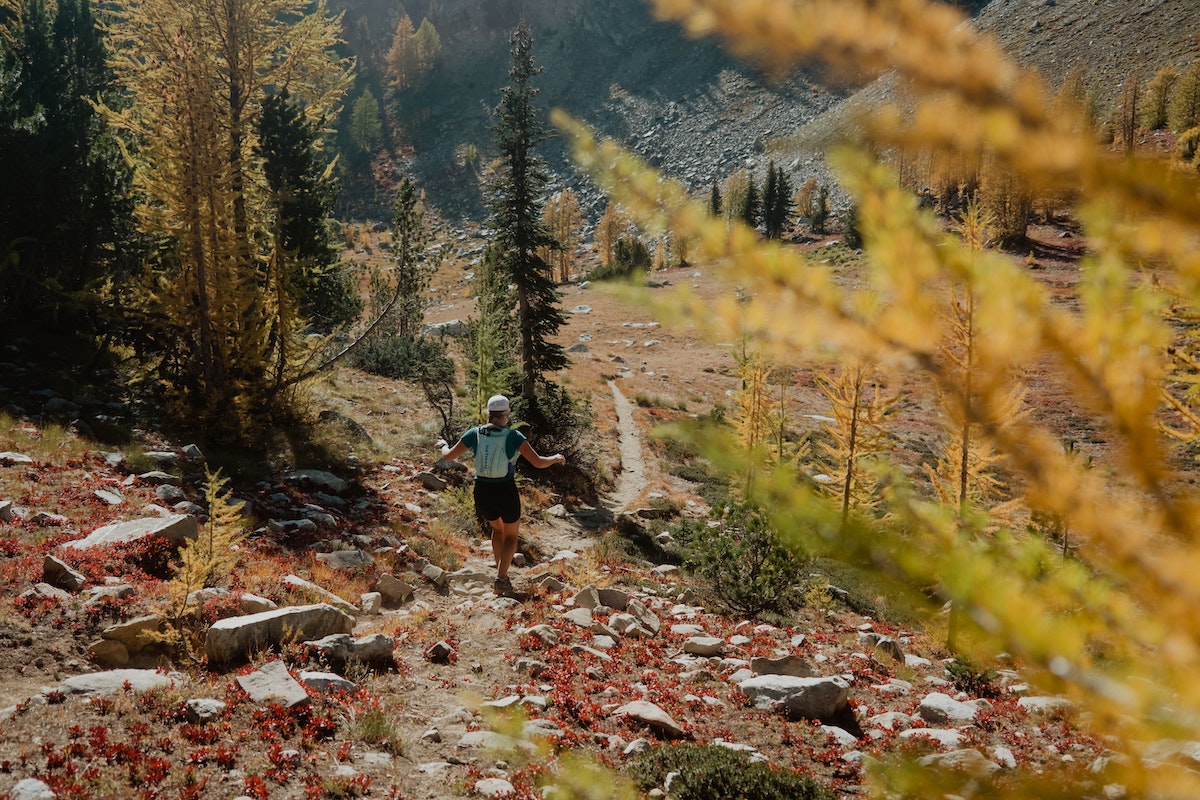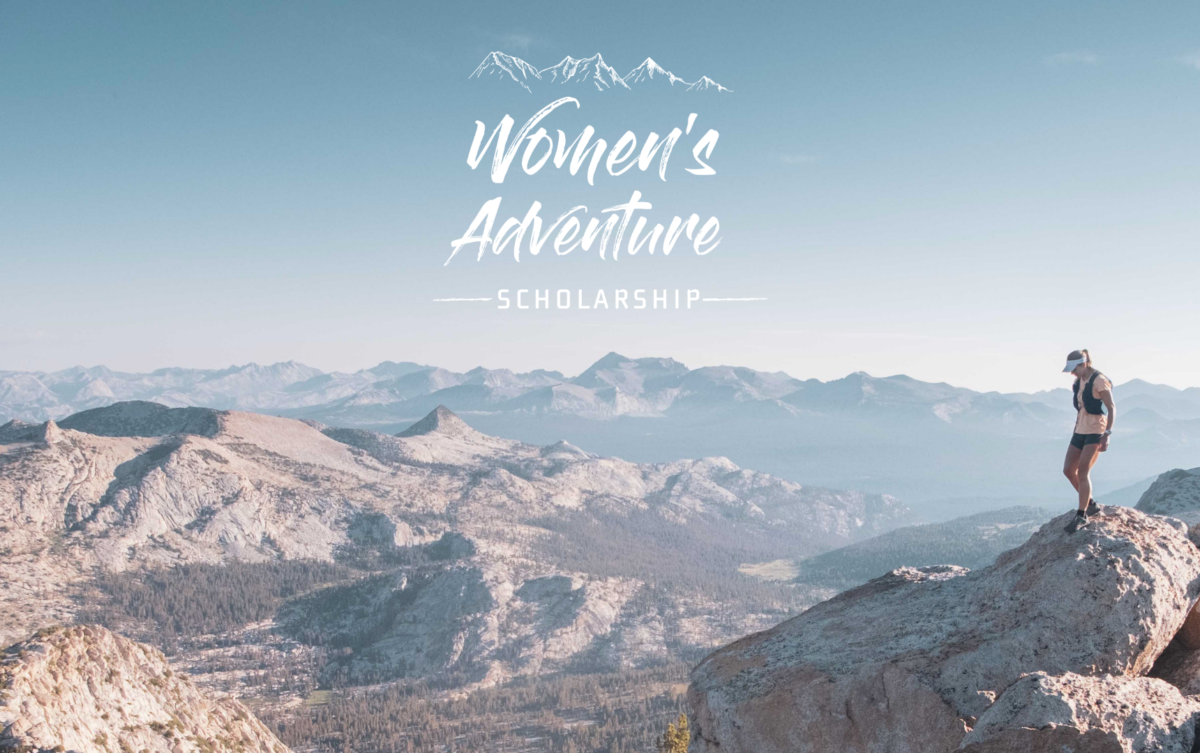The Aspire team is honored to share Makena Rutledge‘s winning essay for the Sawtooth Backcountry Women’s Trip. We’re confident her story will find it’s resonance within you, as it did with us.

When I walked for the first time in a year, it didn’t feel like freedom. My dad picked up his phone to film my first steps through the sliding doors of the hospital into the Seattle winter. He quickly sent the video to our family members, who wept tears of joy. The nightmare was over. The year of infuriating conversations with doctors who refused to believe my pain was real, the late night trips to the children’s emergency room as I screamed for the pain to stop. In their eyes, it was all behind us the moment I walked outside and stepped into the car that would take me towards a normal life. For me, it felt temporary. I viewed my recovery as something fleeting, which could disintegrate into nothing as suddenly as it began. When I walked for the first time in a year, I yearned for the safety and simplicity of the wheelchair that had imprisoned me.
After I reached this turning point, I was left in a bizarre sort of limbo. My body was steadily recovering, ready to chase the ambitions of the future, while my brain was still wallowing in the traumas of the past. Amplified musculoskeletal pain syndrome, the severe neurological syndrome that took my ability to walk and nearly my life, was finally in remission. But my brain would not let me go that easy. A crippling case of PTSD soon settled in, a remnant from the exceptionally painful treatments administered by my doctors. Plagued by vivid nightmares, I was not myself, and I mourned her. I spent much time in my own head, reflecting on who I was before. From a young age, I always had the urge to be wild. I dreamed of remote places in which I could be free from expectations, in which I could take up space unapologetically. It often weighed on me that as free as I felt outside, the world questioned whether I belonged in those spaces. I could not have been fully aware of it at the time, but this was the world getting to me.

There is a specific point in every girl’s life where she becomes her own doubter. Up to this point, the voices telling her she isn’t good enough are solely external. But very quickly, those voices take on a life of their own within her head. The years of negative comments and encounters pile up, leaving her questioning whether there is room for her in the very thing she loves. My moment, when I became my own doubter, was when I was fifteen, just months before I came down with my pain syndrome.
I became aware of this when I was in the worst of my PTSD, and it ushered in the next phase of my life. The harder phase. I was ready to reclaim the wild spirit within me that I thought I had lost. And so, having never run farther than 10k, I had the urge to do something big. Something that would prove to me that I was stronger than my illness, and help me feel like myself again. I signed up for my first 50k in March of 2022, and I instantly felt more powerful than I had in years. I was ready to take a chance on myself, to make a place for myself on the trails that did not exist before. During my illness, my identity was stripped away over and over until I felt small and powerless. Now, all I wanted to do was move through the mountains to feel my power once more. As I trained throughout the summer for my September 50k, I began to feel true, unfiltered joy for the first time in recent memory. I ran along endless ridges and frolicked through alpine meadows, taking in otherworldly views. I allowed myself to be authentic and joyous in these wild spaces and, slowly, they began to heal me. The barriers that used to prevent me from spending time on trail— being too young, too vulnerable, too female— melted away, and I was able to accept them as a part of my experience as a female runner. To embrace these aspects of me meant undoing some of the damage the world had inflicted, and even allowing me to feel strong within my body after such devastation.
As I toed the line of my first ultra in September, I wondered whether the strength and joy I’d found outdoors would be enough to carry me through. The race began in the predawn hours of the morning, and the smoke from faroff forest fires gave the woods an ethereal, dream-like feeling. From the first climb, a relentless 14 kilometer suffer-fest up Whistler Mountain’s rugged slopes, to a spectacular trail fall during which I sliced my lip on a rock, I simply could not contain my joy. I was taking up space on my home trails in a grueling ultramarathon, only two years out of a wheelchair. I felt my own raw power, of both body and mind, and reveled in the experience of it all. I was home. As alpine meadows changed to rainforest on my descent, I could not hold back any longer. I cried tears of sorrow for the pain I had endured, which soon became tears of joy for the gratitude I felt. I did not feel shame. During the descent, I let go of my ideas of how finishing a 50k would heal me. Because in that moment I felt as whole as I ever have. I was out on the trails, finally feeling as though I had the right to challenge myself in that space. Finish or no finish, I was doing exactly what I had set out to do. In that moment, and even today, that feeling of true freedom was enough for me.

Explore the Sawtooth Backcountry Women’s Trip, a wondrous revel in the autumnal North Cascades.

